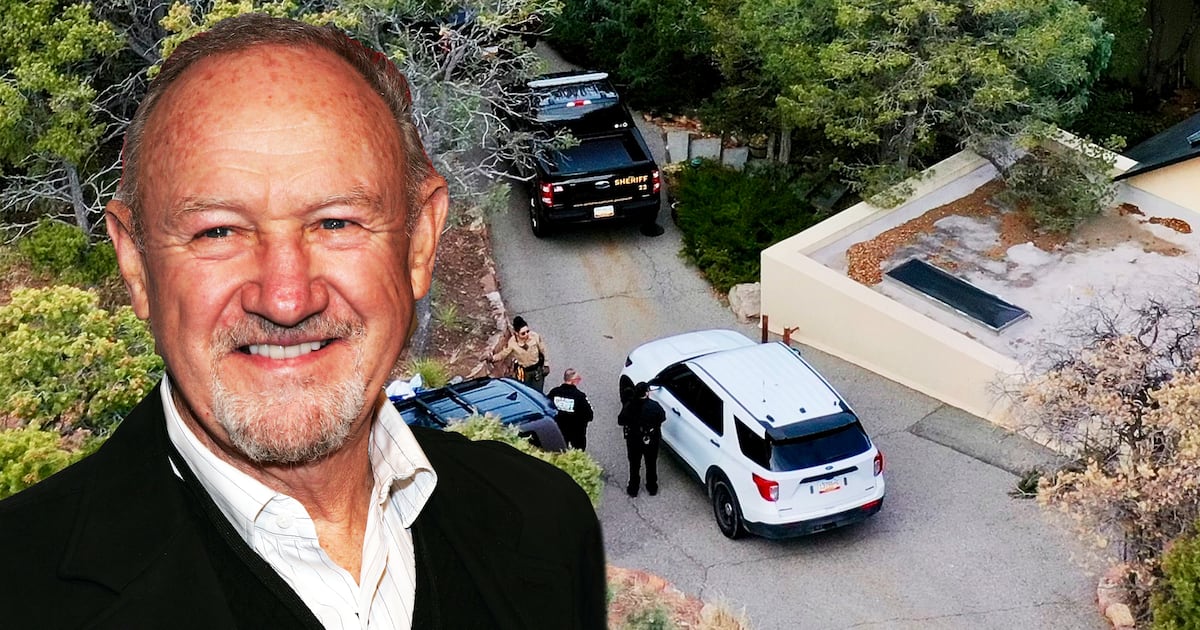BUENOS AIRES — “We want to live,” was the cry from women standing in plazas and streets across Argentina on Wednesday. It has become a tireless demand in a country where ‘femicide’—the crime of gender motivated murder—takes the life of a woman every 30 hours, according to the NGO La Casa del Encuentro.
The nationwide movement NiUnaMenos, or ‘NotOneLess,’ was launched in 2014 in an effort to combat this epidemic, triggered in part by the murder of pregnant 14-year-old Chiara Paez. Paez was killed by her 16-year-old boyfriend, who hid her body under the porch of the family home he shared with his mother and grandparents. Though Paez’s boyfriend confessed to the crime and was recently convicted of her murder, the case against his parents still continues.
Two years on, NiUnaMenos has succeeded in garnering international attention and obtaining some form of government action via the ‘Plan for the Prevention, Assistance and Eradication of Violence Against Women’ announced this year.
The ‘Plan’ comprises a package of 69 measures and 137 forms of action, as well as the coordination of 50 organizations to help carry them out. These include more gender focused teaching in schools, rehabilitation programs for men who commit violence against women and the provision of microcredit to give women greater financial autonomy. The results have yet to materialize, a fact more evident than ever, after the murder of Lucia Perez last week.
16-year-old Perez from Mar del Plata was drugged, raped and tortured before she died from cardiac arrest after being impaled by a wooden spike. According to the prosecution who are mounting her case, Lucia’s assailants washed her body to conceal her injuries and left her in a hospital, claiming she suffered an overdose. 23-year old Matias Farias and 41-year-old Juan Pablo Offidani have been arrested in relation to her murder. 61-year-old Alejandro Alberto Masiel has also been arrested on the charge of aggravated concealment in helping to wash her body.
In a heartfelt message posted on Facebook, Lucia’s brother Matias wrote about his sister, “What was Lucia like? She liked art, rock music, she loved animals.” “She lived a quiet life, without leaving home much until that damned Saturday,” he posted.
Lucia’s murder is a crime too crude to be written of and too brutal to be fathomable, but for the women of Argentina it is too consequential to be ignored—acts of this nature simply can no longer be commonplace.
Mass demonstrations were held in 138 cities around the country Wednesday. In Buenos Aires, over one hundred thousand stood in the pouring rain in front of the presidential palace to renew their call for action. The day was named ‘Black Wednesday’ by activists and signified a day of mourning for Perez and the 18 other women who have been murdered in October so far.
The protest was also significantly replicated in countries across Latin America including Uruguay, Bolivia, México, Colombia, El Salvador, Peru and Brazil, as well as in France and Spain in Europe. In Chile thousands gathered in the cities of Valparaiso and Santiago to mourn Lucia and 10-year-old girl Florencia who was murdered in the town of Coyhaique in October.
In an unprecedented move, more than 50 organizations including public universities and the association for state workers participated in a national strike. The action was arranged by the Confederation of Workers of the Popular Economy (CTUP). Men were invited to attend but were told to not take the limelight from women, their priority was in the first place assisting women in their duties at work and making sure they would be able to attend by covering their responsibilities.
A social media blackout was also organized via an event page where women agreed not to post or share anything on social media. Earlier this month, in a much larger movement thousands of women in more than 60 cities in Poland also went on a national strike to protest against the plan from the Polish government to implement more restrictive abortion laws. The strike was successful and the bill was pushed aside.
In Argentina there is still a significant lack of government initiative to provide solutions to the violent epidemic. Wednesday also marked the untimely announcement that the only prosecution unit specialising in violence against women will close. The unit was put together just two years ago and was one of the key achievements of the NiUnaMenos movement. Organizers from NiUnaMenos have said there is also still a significant lack of data on femicide, partially because many gender-motivated murders are misclassified by judges.
While many were still full of hope and determination at the protest Wednesday, among others there were feelings of indignation and dismay.
“I feel conflicted and sad because no matter how many marches, how many voices, I’m not sure if it creates change,” said Gabi di Natale, a 26-year-old teacher from Buenos Aires. “It is as if we are begging others to live and it is OUR life. What are we waiting for? How powerful are we? Is it any good? I’m not sure, all i could do today was be there, but I really don’t know” she added.
Activists attribute the problem of femicide to Machismo, a Latin American term to denote a form of chauvinistic hyper masculinity. The NiUnaMenos organizers say that while institutional change is needed, women must also work hard against the daily micro aggressions that nurture a culture of violence and rape to prevail.
Ariell Lujan leads the organisation YaNoNosCallamosMas - ‘WeWillNoLongerRemainSilent’ that works to eradicate rape culture in the rock music industry. She attended the march in Buenos Aires and said, “we are living a moment with particular visibility and debate on issues that always happened but on which we remained silent.”
Lujan argues, “It seems essential that we fight everyday against a culture of violence and rape and that we join forces and demand together for our rights from a state and a political system that clearly has to transform.”






